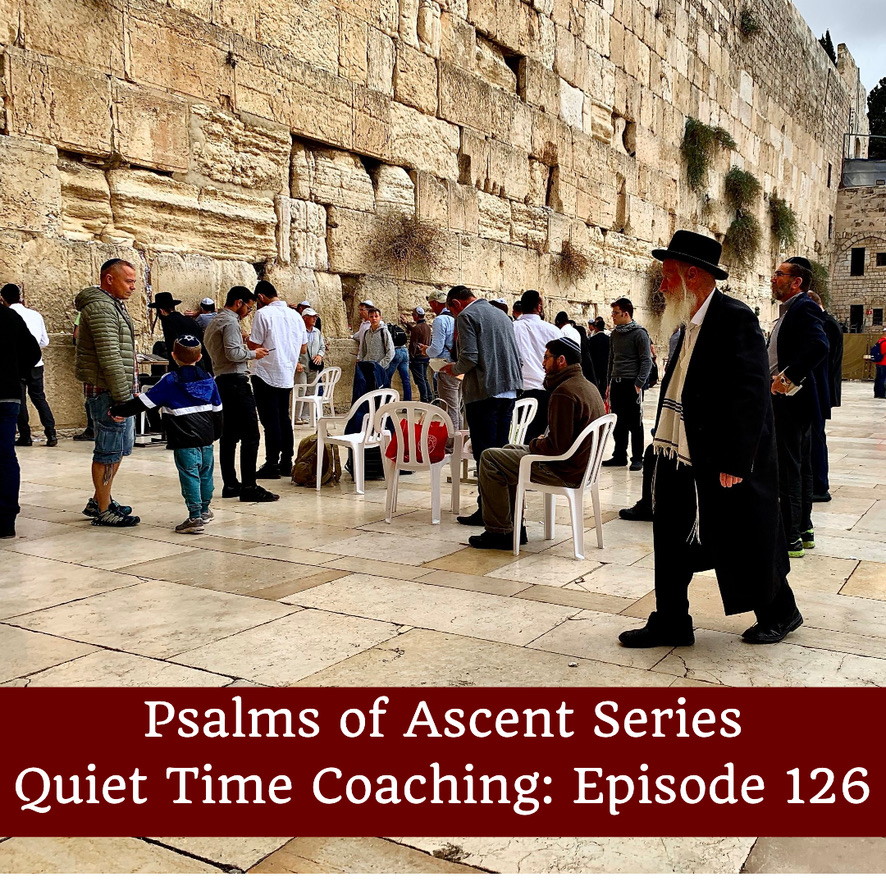 I’ve dined well and I’ve dined poorly. Once or twice I’ve not dined at all (ran out of money in Pompeii in the ’80s, but that’s another story). There are also some meals we share with people that have greater significance than most. Wedding receptions come to mind. We don’t want to miss out on those. A special meal was in the mind of the person who ate with Jesus one day, “When one of those at the table with him heard this, he said to Jesus, “Blessed is the one who will eat at the feast in the kingdom of God.”” (Luke 14:15 NIV11)
I’ve dined well and I’ve dined poorly. Once or twice I’ve not dined at all (ran out of money in Pompeii in the ’80s, but that’s another story). There are also some meals we share with people that have greater significance than most. Wedding receptions come to mind. We don’t want to miss out on those. A special meal was in the mind of the person who ate with Jesus one day, “When one of those at the table with him heard this, he said to Jesus, “Blessed is the one who will eat at the feast in the kingdom of God.”” (Luke 14:15 NIV11)
How did Jesus respond? We’ll be looking at that in the next few blog posts this week, and in the sermon on Sunday. Here are a few introductory thoughts. The person who says, “Blessed is the one who will eat at the feast in the kingdom of God” clearly expects to be at the feast. Why then does Jesus tells the parable that follows? What is he hoping the dinner guest will understand?
We get a clue by connecting this parable with another from Luke 13.29-30. Liefeld points out that, “Luke 13:29-30 had shown that some who expect to be present will be excluded; this passage teaches that those excluded have only themselves to blame.”¹ There were some in Jesus’ day who were in danger of missing out not through misfortune, but sheer hard-headedness.
A second passage that informs us is Isaiah 25:6-9:
“On this mountain the Lord Almighty will prepare a feast of rich food for all peoples, a banquet of aged wine— the best of meats and the finest of wines. On this mountain he will destroy the shroud that enfolds all peoples, the sheet that covers all nations; he will swallow up death forever. The Sovereign Lord will wipe away the tears from all faces; he will remove his people’s disgrace from all the earth. The Lord has spoken. In that day they will say, “Surely this is our God; we trusted in him, and he saved us. This is the Lord, we trusted in him; let us rejoice and be glad in his salvation.”” (Isaiah 25:6–9 NIV11)
Now we can see to what kind of feast the man was referring – the kingdom of God as a banquet. There it is – for all people – “all nations”. The person who understood this would say, “Blessed are all peoples that will eat at the feast” – including gentiles. The fact that the man dining with Jesus keeps it individual – “Blessed is the one” – indicates he sees the promise from a Jewish-exclusive perspective. During the intertestamental period this passage was re-interpreted in ways that excluded gentiles. Jesus came to widen the scope, to correct the myopia, to raise the hopes of all those far off from God.
Loud and clear we hear Jesus say that those least expecting to share in the kingdom of God will participate, while surprisingly, those most expecting to be diners may be among those who miss out. What can we do to make sure we don’t miss out on this gracious gift? More in the next post coming soon.
God bless,
Malcolm
PS – the sermon on Sunday is on this passage. 10.30AM, Watford church of Christ, Laurance Haines School, Vicarage Rd, Watford, HERTS, WD18 0DD
¹ Expositor’s Bible Commentary


